Taukeliai Manor (folwark, grange) was separated from Degsnys (Degsnėnai) Manor, which belonged to the Koziełł–Poklewski family of minor nobles. At the end of the 18th century, a mausoleum-chapel was built in the Taukeliai cemetery, where the members of the family were laid to rest, services were held, and local residents gathered for prayer. Fragments of the mausoleum-chapel have survived to the present day. In 1979, a roofed chapel-pole (author Stasys Karanauskas) was erected in the old cemetery, in memory of the last owner of Taukeliai Manor, Jokūbas Šimkevičius, buried here.
This site is listed on the Registry of Cultural Heritage Properties.
Jokūbas Šimkevičius was a prominent doctor at the beginning of the 19th century, a pioneer in pediatric medicine and an advocate for the temperance movement in Lithuania and Poland, as well as a prominent figure in society, a satirist, a philanthropist, and a Freemason. He was born in 1775 in the Raseiniai powiat (a unit of local governmental administration). He studied in 1796–1802 at the Faculty of Medicine at Vilnius University. During further training in Paris, he attained the degree of doctor of science as well as the title of the Emperor's leib-medik, a personal physician in the imperial household. He worked as a doctor in Vilnius. In 1805, the doctors of Vilnius came together in one of the first such organisations in the Russian Empire of that time, the Society of Medicine, in the organisational work of which Doctor Šimkevičius participated, and later he was elected the chair of the Society. He wrote the textbooks Mokslas apie teorinę ir praktinę chirurgiją (1806) and Mokslas apie vaikų ligas (1810), the first such modern medical publications not only in Lithuania, but also in the Russian Empire of that time. For this reason, Doctor Šimkevičius is considered to be the pioneer of surgical treatment of broken bones and children's congenital deformities as well as orthodontics in Eastern Europe. In his book Veikalas apie girtuoklystę (1818), he described various aspects of the problem of alcohol consumption. He was a member of the Uolusis lietuvis lodge of Freemasons, bringing together some of the best-educated people in Vilnius. He founded a new lodge, Reformuotas uolusis lietuvis. He established a society, Nenaudėliai, which published a satirical newspaper, Grindinio žinios, and he was elected the first president of the society.
After his health seriously worsened, Doctor Šimkevičius travelled to the small manor that he had bought in Taukeliai in Daugailiai valsčius (a territorial administrative unit), where he passed away in 1818. In his will, the eminent doctor directed that his property be used for educational purposes.

+10


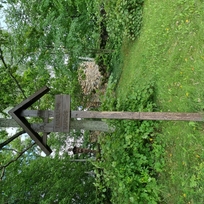

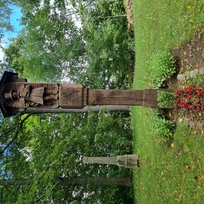
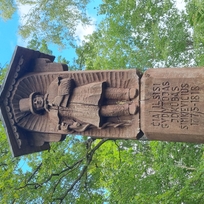
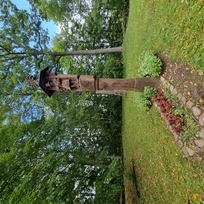
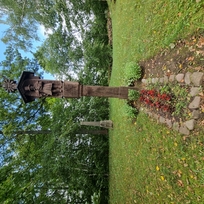
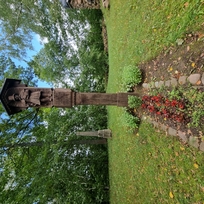
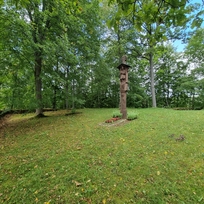
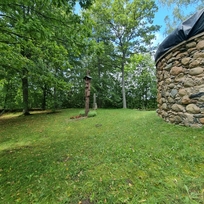
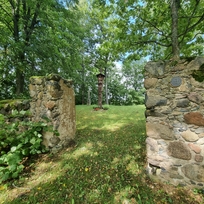
Reviews